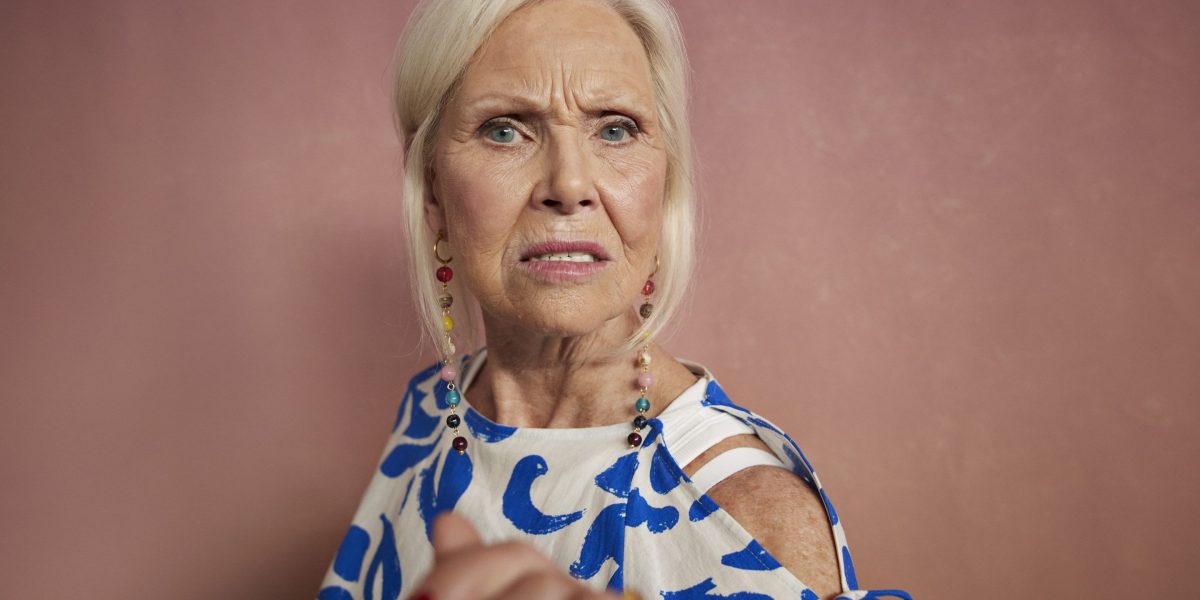Whether it be Bill Gates or Elon Musk, Americans are starting to fall out of love with their billionaires. Though, as fellow high-net-worth individual Mark Zuckerberg’s Facebook once wrote, it’s complicated.
Amidst surging inequality, many Americans simply aren’t buying the innate worth of the mega-rich, per Harris Poll’s recently released survey of more than 2,100 U.S. adults. As privileged households’ finances balloon, so does criticism of those who hoard wealth. Of course, the nation’s founding myth focuses on said rich figures who climb their way to the top through hard work. But as belief in said American Dream wanes, many Americans are grasping onto a new goal: holding billionaires to task.
“These findings reveal a society that admires wealth but also demands greater accountability and equity,” said Libby Rodney, chief strategy officer at The Harris Poll. “It’s a call for a more balanced and fair economy where success benefits everyone, not just a select few,” she continued, explaining that while America is “obsessed with tales of overnight millionaires and ventures that promise substantial returns,” that shine has dulled as economic disparities widen.
Indeed, Americans are increasingly feeling wary of billionaires’ growing net worth and its ripple effects. More than half of Americans (59%) believe that billionaires are creating a more unfair society. And said society is unfolding in front of our eyes, as a whopping 71% deem wealth inequality a serious national issue, especially BIPOC and Hispanic respondents. That represents a 5% increase from 64% in 2022, when Harris Poll last issued its survey.
The one percent has had an especially good run of it as of late, as nonprofit Oxfam points out in its report, Inequality Inc. The five richest men’s worth has skyrocketed by 114% since 2020, while in America alone, billionaires are $1.6 trillion wealthier than they were during the early pandemic.
And Fed data shows that payday is nowhere near reaching everyone equally. While the share of wealth held by the one percent has increased by a third since 1990, the share of wealth for the poorest 50% has plummeted by around a quarter, an Oxfam spokesperson noted.
“People are understandably fed up with struggling to get by and being unable to cover their basic needs while billionaires flaunt unimaginably lavish lifestyles,” Rebecca Riddell, policy lead for economic and racial justice at Oxfam America, told Fortune. “Runaway wealth concentration at the very top and persistent poverty are two sides of the same coin, so it’s no surprise that we’re seeing increasing awareness of that troubling dynamic.”
What’s more, most Harris Poll respondents—58%—blamed billionaires for accelerating inflation. Some 62% agreed that “America has become a backyard” for said rich people. While many (46%) Americans don’t believe in limiting wealth, even more suggest taxing the rich (69%). Younger adults are at the forefront of this movement, with 80% of Gen Zers in favor of taxing the wealthy.
Even so, many adults hold mixed and perhaps even contradictory views on billionaires. In other words, despite souring on them, Americans still can’t figure out how they regard the rich. A fair amount say that billionaires are good for the economy (61%) and society (62%). This runs a bit against previous sentiment that these high-net-worth individuals stoke inequality and inflation, both which put dampers on the economy.
And despite their mistrust of the richest, most Americans still dream of one day joining their ranks. While 39% of respondents report despising billionaires, 61% look up to them. Six in 10 Americans report wanting to be billionaires one day, a desire held most by millennials, Hispanic Americans, and Black Americans. That number has remained unchanged since 2022, “which highlights a core part of the American dream: the pursuit of success and prosperity,” per Rodney.
Another growing sentiment: Since they have so much money, billionaires might as well be doing more. People are looking for billionaires to get out of the media and into philanthropy, as 71% report that the ultra-wealthy are not “doing enough with their fortunes to better our society.” Some 2 out of 3 Americans don’t think billionaires are taxed enough, and believe that additional money could go to programs like affordable healthcare, housing, and food security. More Americans are calling for billionaires to give their money to the common good than in 2022. “This shows a rising expectation for the wealthy to take on more social responsibility,” explained Rodney.
“There is an inherent expectation, perhaps a moral plea, for those who have benefitted extraordinarily from the American economic landscape to extend their support to the broader community that furnished their success,” said Rodney. “This is not merely a financial imperative but a call to foster a more inclusive economy where the success of the few does not eclipse the potential of the many,” she added, characterizing Americans’ regard for billionaires as aspirational resentment.
Americans have a lot of unpacked feelings, to say the least, when it comes to the privileged few that have immense power and money. They’re swallowing a tough pill, after all. “Trickle-down economics promised to deliver the American Dream for everyone,” said Oxfam’s Riddell. “Instead, billionaires have benefited from policies deliberately designed to reward the ultra-wealthy, and this resulting inequality has come at the expense of ordinary families.”
